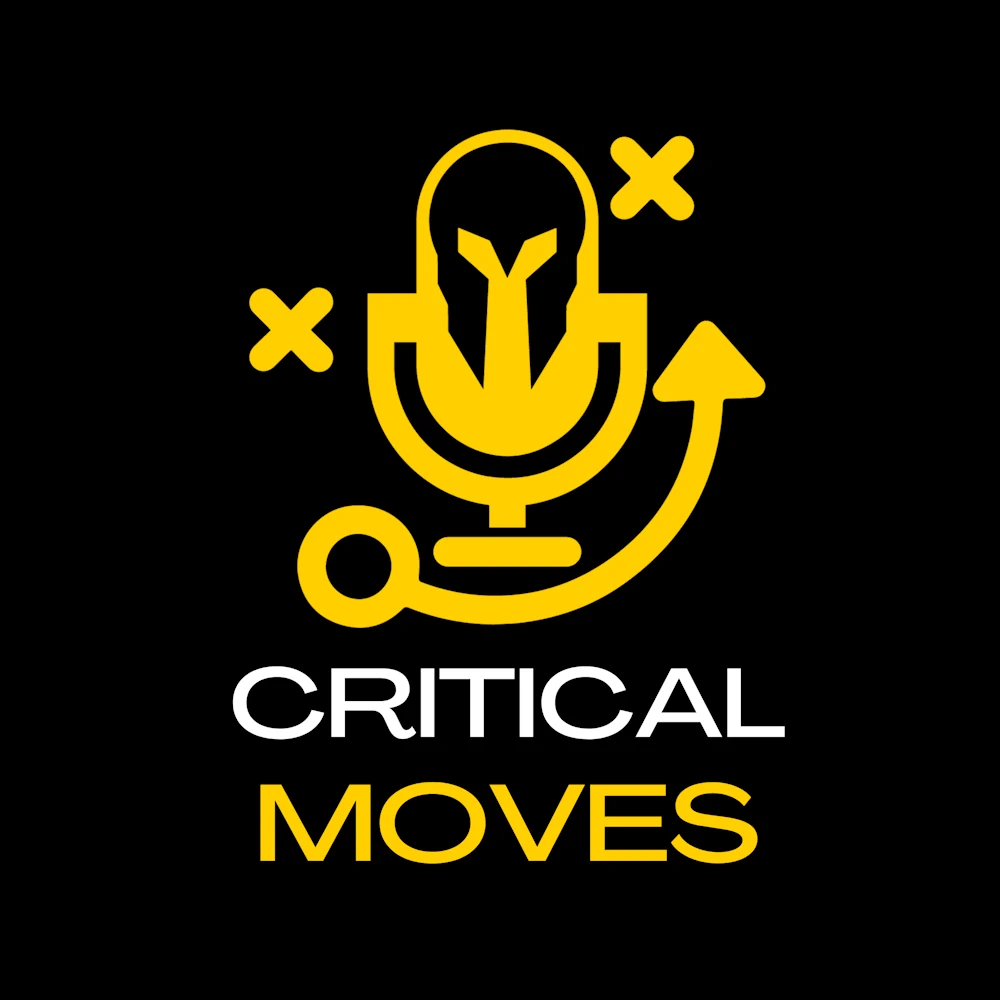The title sounds simple enough — but the reality is a mess. In Episode 35, Tim, Adam, and Jack try to untangle what makes a strategy game worthy of the top spot. Is it innovation? Execution? Scale? They don’t agree on much, but they do surface some patterns — and a few painful truths about the genre in 2025.
Tim opens the discussion with a question that should be easy: what makes something Strategy Game of the Year material? But right away, it gets tricky. Jack leans toward the idea that it’s not about perfection — it’s about what leaves a mark. The game that defines the conversation, good or bad.
Adam brings up the problem of recency bias and the lack of a standard. Is it about personal favourites or critical consensus? Sales or cultural impact? Strategy Game of the Year doesn’t have a fixed definition — and that’s part of the problem. For a genre that spans dozens of subtypes, deciding on a single winner feels more arbitrary than useful.
EXECUTION OVER INNOVATION
There’s a shared sense that innovation is overrated. A great game doesn’t have to reinvent the wheel — it just needs to do one thing exceptionally well. Tim points out how many GOTY picks fall into the category of ‘best execution of a familiar idea’, rather than something new. Age of Wonders 4, for instance, wasn’t radically different, but it refined what worked.
Jack agrees. He mentions how polish and consistency often beat ambition. Plenty of games try to do too much and fall short. The best ones feel confident and well-scoped — they know what they’re good at and stick to it.
THE CAMPAIGN EFFECT
Campaigns come up a lot. Not everyone plays them, but they often shape how people remember a game. A great campaign — even in a flawed game — can create a lasting impression. Adam mentions how Company of Heroes 3 had a mixed reception overall, but some players still rave about its single-player content.
It raises the question: should a Strategy Game of the Year need a campaign? Or is that just a bonus? The group doesn’t land on a clear answer, but there’s agreement that narrative framing, onboarding, and a sense of progression matter more than people admit.
MULTIPLAYER MATTERS, BUT NOT FOR EVERYONE
Tim talks about multiplayer-heavy titles like Beyond All Reason or StarCraft II, and how they set the bar high — but not necessarily for the whole audience. Hardcore players shape the meta, but the majority of players just want a good experience, win or lose. Jack points out that sometimes, the ‘Strategy Game of the Year’ ends up being the one with the best casual multiplayer loop — accessible, fast, and rewarding.
THE INDIE FACTOR
2025 has been packed with indie strategy releases, and the team agrees that many of them punch well above their weight. But few seem likely to win traditional GOTY awards. They lack the marketing, the visibility, and sometimes the finish. Still, they define the year in other ways. Tim highlights games that experiment with scale, UI, or theme, while Adam praises smaller games with sharp focus and big ideas.
Jack mentions that one of his top games of the year so far has a total Steam review count in the low hundreds — but that doesn’t mean it had less impact, at least for him.
FINAL THOUGHTS
There’s no formula. Strategy Game of the Year isn’t about ticking boxes — it’s about timing, mood, memory, and a bit of luck. The best games get remembered. The rest fade out. But maybe that’s enough. Maybe GOTY isn’t a prize, it’s a mirror — a reflection of what strategy players cared about most in that moment.
Want to join the discussion? Head over to our Discord or the forum.
Listen on Spotify, Apple Podcasts, Amazon Music, or search your alternative preferred podcast provider.
Ahh, we’re on YouTube too!
Discover more from Critical Moves Podcast
Subscribe to get the latest posts sent to your email.

